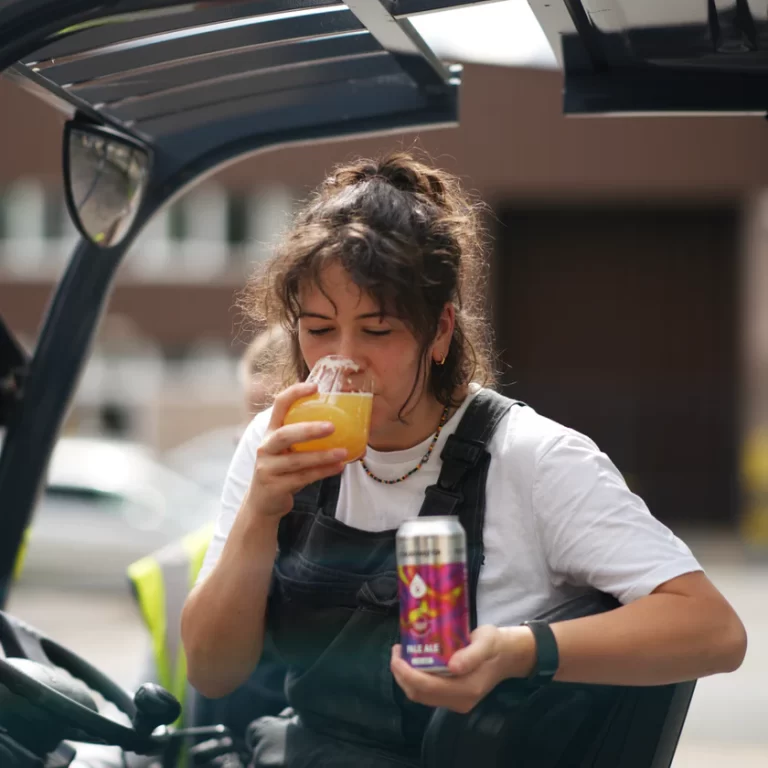The UK’s hospitality industry has been hit hard by the COVID-19 crisis, with all hospitality outlets ordered to shut their doors to the public. With this in mind, it’s crucial to maintain cellar management and implement some immediate actions to ensure that your beer lines remain functional, says Jeff Singer, commercial manager for leading beer line cleaning firm Beer Piper.
Beer left to stagnate inside lines could prove costly, so licensees need to take precautions.
Significant risk from beer stagnating in lines
Beer Piper has issued the below advice for publicans, bar managers and hospitality owners, to ensure that they eliminate any risk and maintain the safety and functionality of their business. So here are their steps to success
Turn off all your remote coolers and beer gas lines throughout the period of closure (See point five below before turning off your cellar cooling system!)
Run a beer line clean on every draught product in turn, leaving your beer lines in water once the clean has completed.
Do not reattach the keg coupler back onto the keg. If you have enough sockets on your ring main(s) leave them attached to a socket.
Do not wrap your dispense taps in plastic wrap/cling film as this could trap moisture and lead to mould growth.
If you have a substantial amount of beer in your cellar, you may wish to keep your cellar cooling system switched on as casks should be stored at a temperature between 52-54 deg F.
Temperatures above 54 deg F will rapidly accelerate ageing which will in turn cause irreversible flavour damage to beer and cause it to go flat. It will also encourage extensive mould growth in damp cellars.
If you use a Beer Piper or other beer line cleaning system, use it to flush the water through your lines on a weekly basis (if possible).
In the event that the closures continue for a long time, line sanitisers can be added manually to help keep lines in good shape during the period of inactivity. Some products can be left in the lines for up to six months (please note, these products cannot be added using Beer Piper systems, as using a line sanitiser will cause damage and break the system.)
Remove all nozzles and sparklers and put them in a pot with sanitising tablets. The nozzles can be left for up to three months, although it’s good practice to use fresh tablets regularly if you can.
Jeff Singer, commercial manager for Beer Piper, commented: “If beer is left to stagnate inside your lines for an extended period of time, there is a significant risk the lines will develop irreversible bacterial contamination, which can lead to gas leak hazards or a costly draught line replacement.
“Beer Piper units and beer line cleaning systems can be used as an important tool to help close down lines with final cleans and flushing during closure. They can also help to maintain the lines and get them ready to be used again at the end of the enforced closure period.
“We are keeping our telephone lines open during the crisis for any customers who wish to speak to us about closing down lines and how best to do it.”









